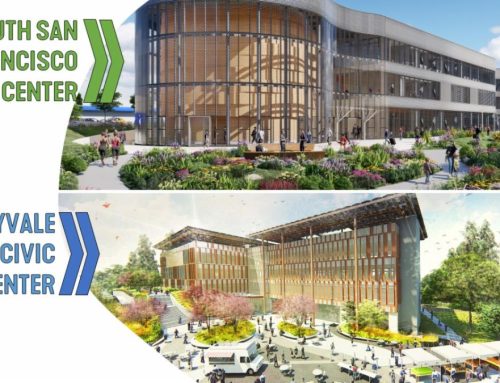of scales to combat and mitigate climate change. Yet too often people frame the issue as one of concern to only scientists and politicians, and not individuals and localities. This presentation aims to refocus the conversation from the global and catastrophic, to the personal and proactive. Our panelists will discuss the small-scale dynamics of climate change in the everyday built landscape and present current initiatives which seek to ensure a vibrant, robust environment for all.
Amy Leedham, an Environmental Designer with Atelier Ten in San Francisco, has particular expertise in building physics and architecture. She is a member of the working group for the American Institute of Architects 2030 Commitment , an initiative from the Committee on the Environment which helps firms assess the impact of design decisions on a project's energy performance. Drawing from her diverse experiences as sustainability consultant, educator, and national advisory group member, Amy will present examples that illustrate the power of engagement from the level of the individual to the institutional, recognizing that climate change is real, it impacts people in a very personal way, and most people want to help but don't know how.
Claire Napawan is an Associate Professor of Landscape Architecture at UC Davis who has designed and studied urban environments throughout the world for over a decade. She believes urban resilience requires community participation, and draws on her background in architecture, landscape architecture, and urban design to explore new models of engagement. Claire will present her work with #OurChangingClimate, a digital humanities and environmental design project that encourages diverse communities to observe and critique their everyday environment through the lens of climate change, and to share those experiences through social media.
Landscape architect Heath Massey, along with Robin Cooper and Evan Kenward, represents the Citizens' Climate Lobby, a non-profit, non-partisan, grassroots advocacy organization focused on national policies to address climate change. Their mission builds upon shared values rather than partisan divides, and empowers citizens to work with their local communities toward the adoption of fair, effective, and sustainable climate change solutions.


